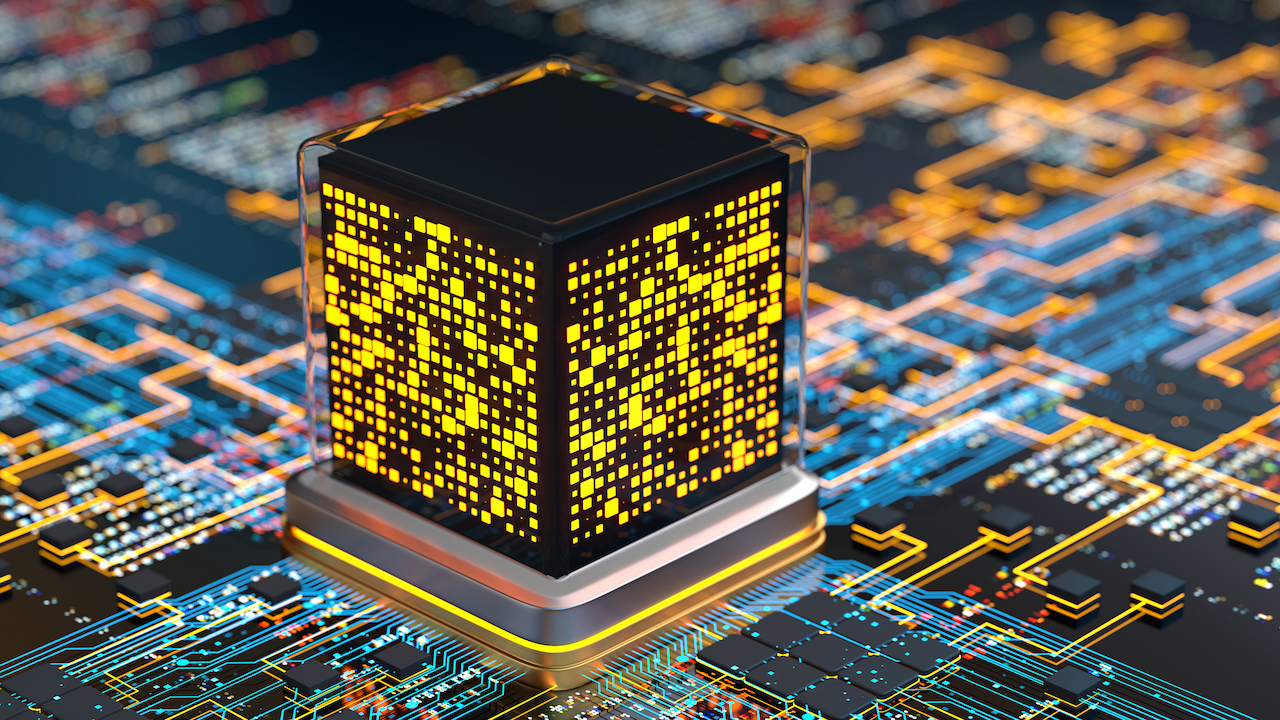Quantum Computing: Exploring the Future of Computing
As technology advances, so does the need for faster and more efficient computing power. Quantum computing is a new and exciting area of computing that has the potential to revolutionize the way we process information. In this article, we'll explore the basics of quantum computing, its potential uses, and how it differs from traditional computing.
What is Quantum Computing?
Quantum computing is a type of computing that uses quantum mechanics to process information. Quantum mechanics is a branch of physics that deals with the behavior of matter and energy at a very small scale. In traditional computing, data is processed in binary digits, known as bits, that are either a 0 or a 1. However, in quantum computing, data is processed in quantum bits, known as qubits. These qubits can exist in multiple states simultaneously, allowing for much faster processing of data.
One of the most famous examples of quantum computing is Shor's algorithm, which can quickly factor large numbers. This is important because it forms the basis for modern encryption techniques, and breaking these codes would allow access to sensitive information. With Shor's algorithm, quantum computers could potentially break these codes much faster than traditional computers.
How Does Quantum Computing Work?
At its most basic level, a quantum computer is made up of a series of qubits. These qubits can exist in multiple states at the same time, known as superposition. This means that a qubit can be both a 0 and a 1 simultaneously. This allows quantum computers to process multiple pieces of information at the same time, exponentially increasing processing speed.
Another key concept in quantum computing is entanglement. Entanglement occurs when two qubits are connected in a way that their states become dependent on each other. This means that when one qubit is measured, the other qubit will also be affected, regardless of how far apart they are. This allows for much faster communication between qubits, which is essential for quantum computing.
Challenges of Quantum Computing
While quantum computing has the potential to revolutionize the computing industry, there are still several challenges that need to be overcome. One of the biggest challenges is the issue of stability. Quantum computers are incredibly sensitive to their environment, and even small disturbances can cause errors in calculations. This is known as decoherence, and it is one of the biggest challenges facing quantum computing.
Another challenge is the issue of scalability. While quantum computers have shown promise in solving specific problems, such as factoring large numbers, they are still not able to handle more complex tasks. This is because the more qubits a quantum computer has, the more difficult it becomes to maintain entanglement between them. This is known as the quantum decoherence problem.
Potential Uses of Quantum Computing
Despite these challenges, quantum computing has the potential to revolutionize many different fields. One area where quantum computing could have a major impact is in medicine. With the ability to process large amounts of data much faster than traditional computers, quantum computing could help researchers identify new treatments for diseases much faster than before.
Another area where quantum computing could be useful is in finance. With the ability to quickly and accurately process large amounts of financial data, quantum computing could help banks and other financial institutions make better decisions and manage risk more effectively.
Finally, quantum computing could also have a major impact on the field of artificial intelligence. With the ability to process large amounts of data much faster than traditional computers, quantum computing could help researchers create more sophisticated AI systems that can learn and adapt much faster than before.
Labels: Interesting, science, Technology


0 Comments:
Post a Comment
Subscribe to Post Comments [Atom]
<< Home